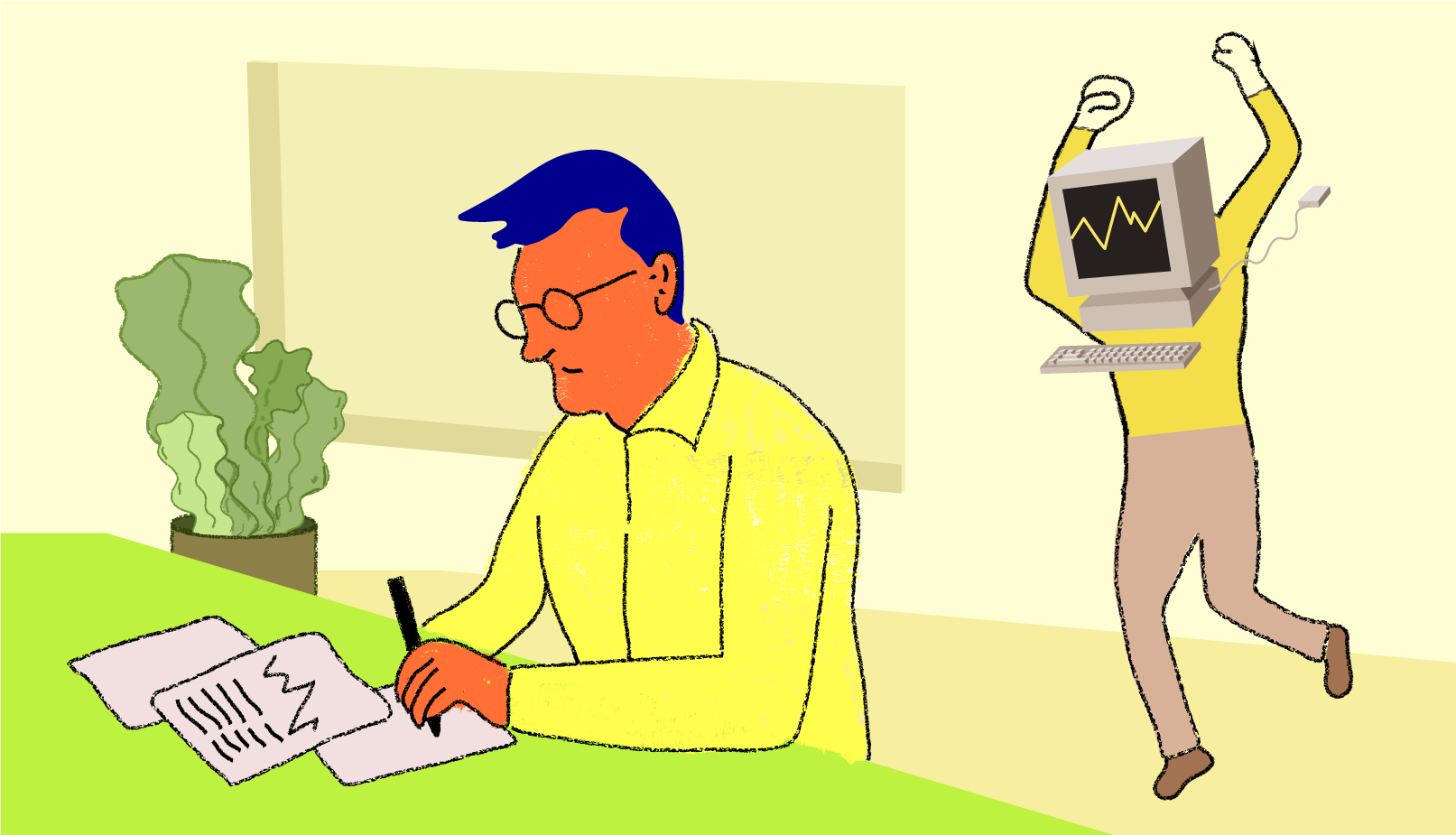What would journalism be without editors? Well, in my opinion, it would be pretty chaotic.
Editors are the backbone of journalism — take them out of the equation and you are setting loose a tsunami of fake news, badly written and poorly researched stories – to sum up, just total amateurism.
But, what do editors actually do?
According to Amelia Pisapia, journalist and former editorial director of Novel, editors are talented problem solvers who excel at putting information in context, assessing the accuracy of data and weeding out bias.
“They view issues from multiple angles, connect the dots and uncover human stories in complex systems,” writes Pisapia.
Pisapia adds that editors work within established ethical frameworks. She says that all editors have five values in common: accuracy, independence, impartiality, humanity and accountability.
However, in recent years editors have started to quite literally lose some of their humanity. With developments in technology and artificial intelligence, more and more media and news distributing platforms have started to use algorithms as editors instead of actual humans.
A good example is the algorithm behind the news feed on Facebook.Tobias Rose-Stockwell, a strategist, designer and journalist for Quartz wrote in his article, “[Facebook’s algorithm] shows you stories, tracks your responses, and filters out the ones that you are least likely to respond to. It is mapping your brain, seeking patterns of engagement.”
Sounds great doesn’t it? Having only quality news that you are interested in delivered right to your doorstep without having to move a muscle.
Well if it sounds too good to be true, it’s because it simply is. Algorithms are actually very far from being these perfect editors that we hope them to be. They have massive flaws and are actually very dangerous.
Don’t misunderstand me, algorithm editors have some good sides. They do surpass humans on some points — vis à vis their conduct as an editor for example.
In his article, “Can an Algorithm be an Editor?,” José Moreno, former multimedia director at Motorpress Lisboa explains that an algorithm has the silver lining of always acting the same way.
“Human editors always act differently on the basis of a common code,” Moreno says. “In a way, there is more accuracy and reliability in a “system” that always performs a function in the same way than in a “system” that always performs differently.”
So, yes algorithms have some upsides; Professor Pablo Boczkowski from Northwester University even called Facebook’s algorithm “the greatest editor in the history of humanity.”
But unfortunately, despite their virtues, any positive aspect that algorithms may present are always heavily outweighed by their negative counterparts.
The study , The Editor vs. the Algorithm: Targeting, Data and Externalities in Online News done by a collection of professors from different universities compared the different aspects of AI and human editors. The researchers discovered an alarming number of problems with algorithms editors, for example the algorithms tend to serve a less diverse mix of news to readers. They create a “bubble” effect as readers are presented with a narrower set of topics. An example the study presented was about readers who lived in German states where there was a high share of votes for extreme political parties. In the last election, those people were more likely to increase their consumption of political stories when their stories were selected by algorithms.
Another flaw with algorithms is their lack of social awareness; every calculation they make is based on an individual-level data. Algorithms don’t take into account “socially optimal reading behaviour,” according to the study.
“It doesn’t differentiate between factual information and things that merely look like facts,” said Rose-Stockwell, referring to the Facebook example above. “It doesn’t identify content that is profoundly biased, or stories that are designed to propagate fear, mistrust, or outrage.”
The worst part in all of this, is that algorithms have even started to change the way some human editors think as well as the behavior of some news organizations. We have entered a traffic-at-all-costs mentality. News outlets are influenced by numbers, clicks and views now and no longer by journalistic values.
Despite all their flaws, regrettably, algorithm editors are still here and due to humans’ lust for technology and artificial intelligence, they are probably going to stay and even multiply.
But, why should algorithm editors be opposite to human editors, why should it be human vs machine?
The solution is easy: use a mix of both. The researchers from the study mentioned above concluded that “the optimal strategy for a news outlet seems to be to employ a combination of the algorithm and the human to maximize user engagement.”
In the digital age that we currently live in, machines will continue to take over more and more aspects of life. However, humans are more relevant than ever because these machines aren’t always optimal. So, in the end having a symbiosis between humans and machines is actually a comforting thought. It is the promise of a better tomorrow where machines will help humans and not supplant them.
Graphic by @sundaeghost
